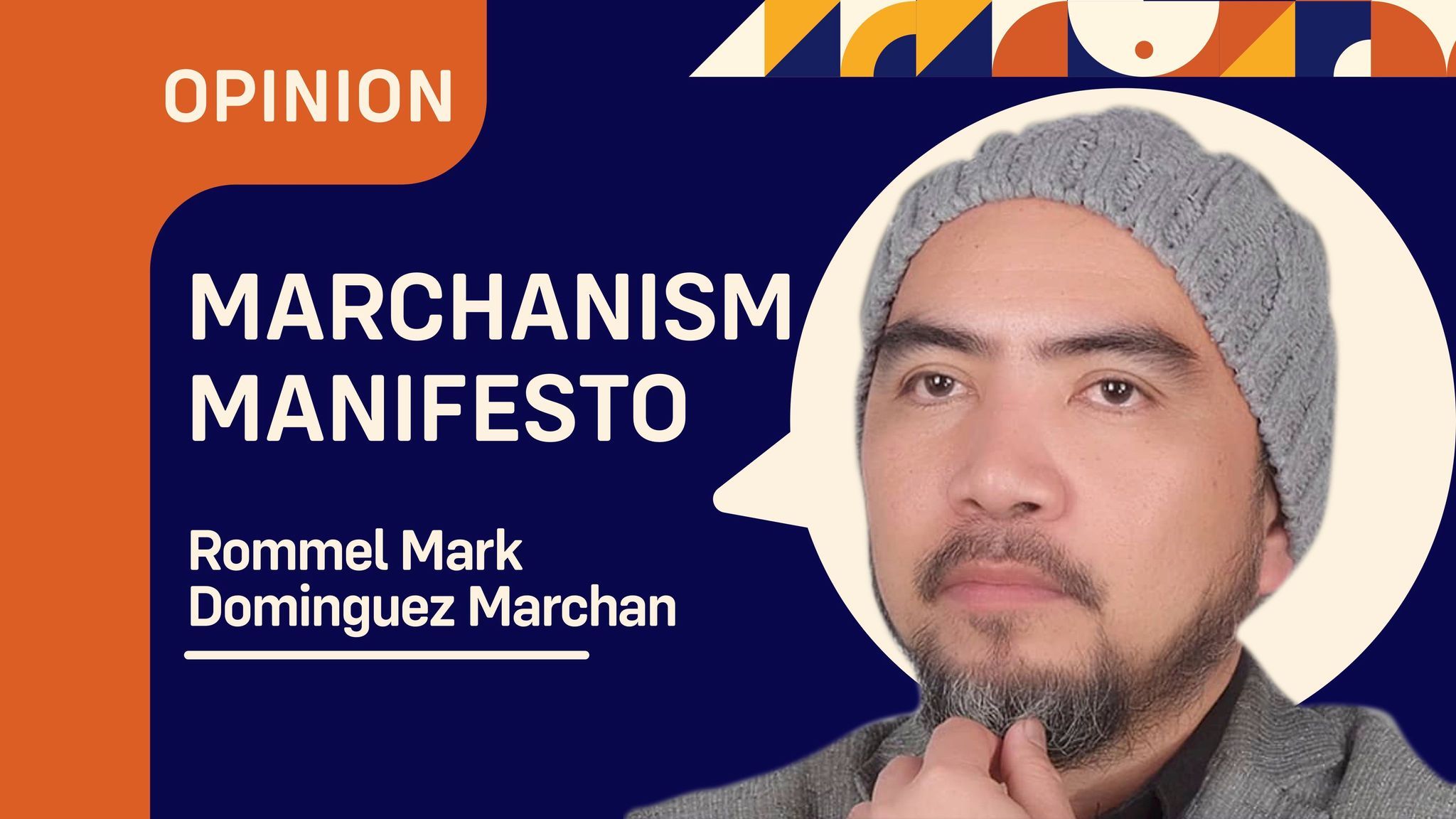In every political landscape, two faces often emerge—traditional politicians and nontraditional politicians. Though both may wear suits and shake hands, their origins, methods, and motives often come from opposite worlds.
Traditional politicians are those who come from established political families or have climbed the ladder through long-standing party systems. They often play by the “rules of the game”—campaigning with the usual slogans, aligning with power blocs, and sometimes engaging in backdoor deals to maintain their influence. Their strength lies in their networks, name recall, and mastery of political machinery. They usually portray themselves as "public servants" while quietly sustaining elite privileges and family dynasties.
In contrast, nontraditional politicians come from outside the expected mold. They may be former activists, media personalities, businessmen, or ordinary citizens who rise to power by appealing directly to the people. Their platforms are often grounded in reform, transparency, and anti-corruption. They usually rely less on traditional party support and more on social media, grassroots mobilization, and personal charisma. Nontraditional politicians often say what people wish they could say, disrupting the status quo.
Now, why do some politicians eat like the poor—a humble meal of dried fish, rice, or soup eaten with bare hands in plastic containers? The answer isn't just about appetite. It’s political theater. Whether traditional or nontraditional, many politicians eat humble meals in public to send a message: “I’m one of you.”
This kind of symbolism taps into the emotion of the masses. A photo of a candidate squatting by a makeshift table with the poor generates trust. It humanizes them. It makes them appear grounded, relatable, and not above the common man. For nontraditional politicians, it reinforces their outsider status. For traditional ones, it’s a way to soften their elite image during campaign season.
But the question remains: do they eat like that when cameras are gone?
True leadership is not about how they eat, but how they act when no one is watching—whether they pass laws that uplift the poor, eliminate corruption, or truly listen to their constituents. Whether traditional or nontraditional, the challenge is the same: to move beyond optics and deliver real change.
In the end, the poor don't need politicians who eat like them. They need leaders who work for them.
#WeTakeAStand #OpinYon #OpinYonColumn #MarchanismManifesto
